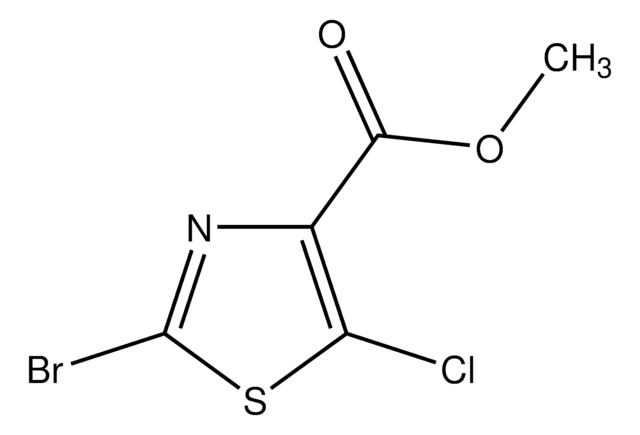01-0050
Acetaldehyd
≥90.0%, SAJ first grade
Synonym(e):
Ethanal
About This Item
Empfohlene Produkte
Qualität
SAJ first grade
Dampfdichte
1.52 (vs air)
Dampfdruck
14.63 psi ( 20 °C)
Assay
≥90.0%
Form
liquid
Selbstzündungstemp.
365 °F
Expl.-Gr.
60 %
Verfügbarkeit
available only in Japan
Brechungsindex
n20/D 1.332 (lit.)
pH-Wert
5 (20 °C)
bp
21 °C (lit.)
mp (Schmelzpunkt)
−125 °C (lit.)
Dichte
0.785 g/mL at 25 °C (lit.)
SMILES String
CC=O
InChI
1S/C2H4O/c1-2-3/h2H,1H3
InChIKey
IKHGUXGNUITLKF-UHFFFAOYSA-N
Suchen Sie nach ähnlichen Produkten? Aufrufen Leitfaden zum Produktvergleich
Signalwort
Danger
H-Sätze
Gefahreneinstufungen
Carc. 1B - Eye Irrit. 2 - Flam. Liq. 1 - Muta. 2 - STOT SE 3
Zielorgane
Respiratory system
Lagerklassenschlüssel
3 - Flammable liquids
WGK
WGK 3
Flammpunkt (°F)
-36.0 °F
Flammpunkt (°C)
-37.8 °C
Analysenzertifikate (COA)
Suchen Sie nach Analysenzertifikate (COA), indem Sie die Lot-/Chargennummer des Produkts eingeben. Lot- und Chargennummern sind auf dem Produktetikett hinter den Wörtern ‘Lot’ oder ‘Batch’ (Lot oder Charge) zu finden.
Besitzen Sie dieses Produkt bereits?
In der Dokumentenbibliothek finden Sie die Dokumentation zu den Produkten, die Sie kürzlich erworben haben.
Unser Team von Wissenschaftlern verfügt über Erfahrung in allen Forschungsbereichen einschließlich Life Science, Materialwissenschaften, chemischer Synthese, Chromatographie, Analytik und vielen mehr..
Setzen Sie sich mit dem technischen Dienst in Verbindung.









